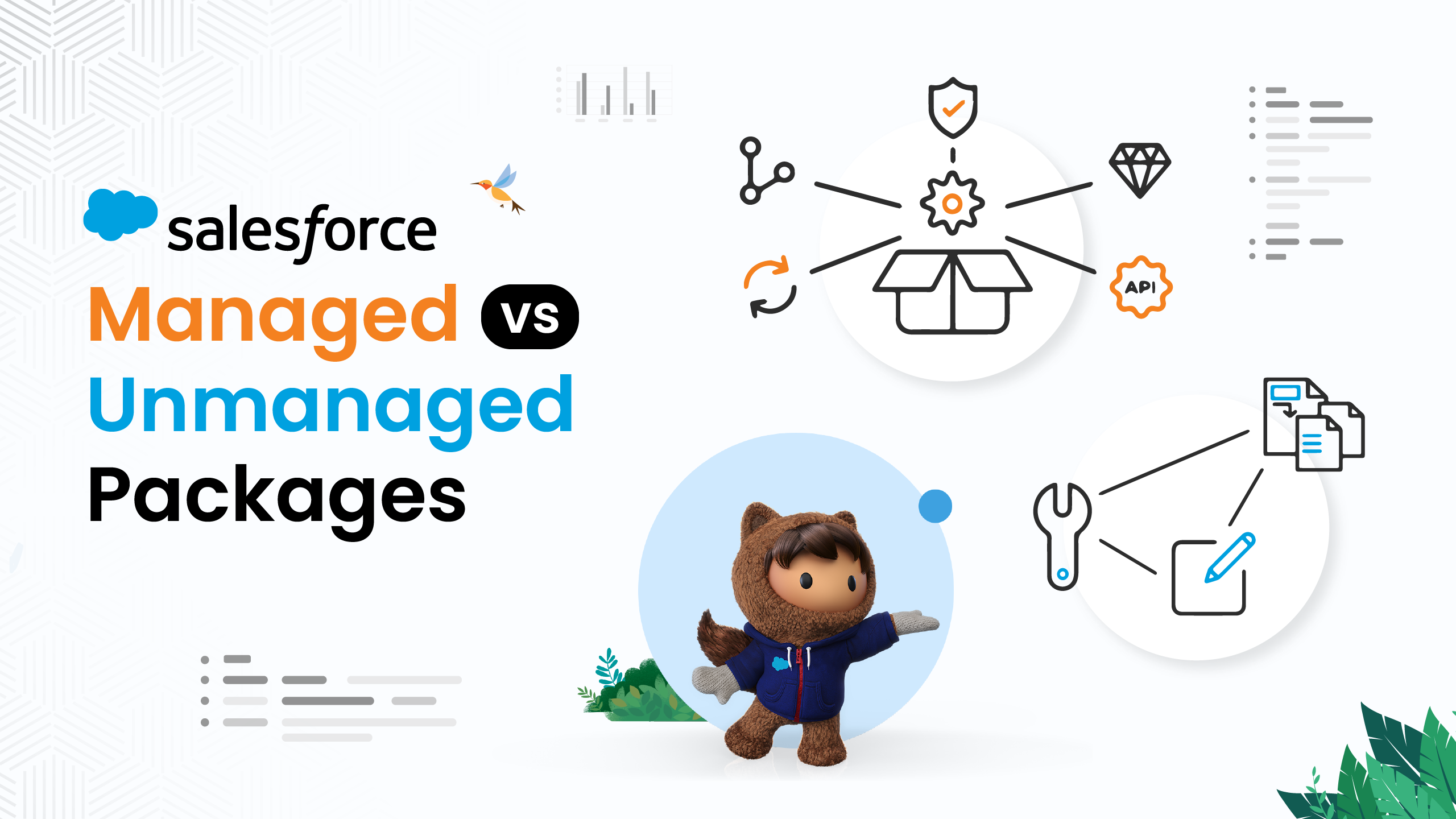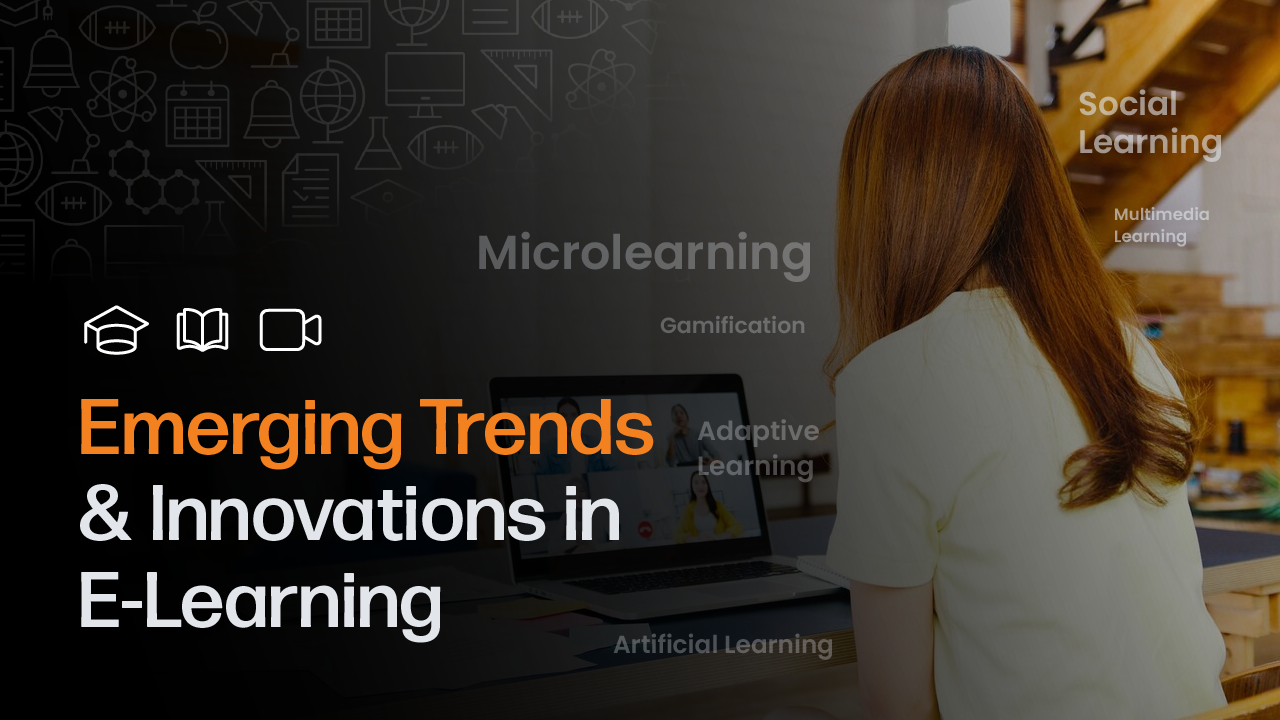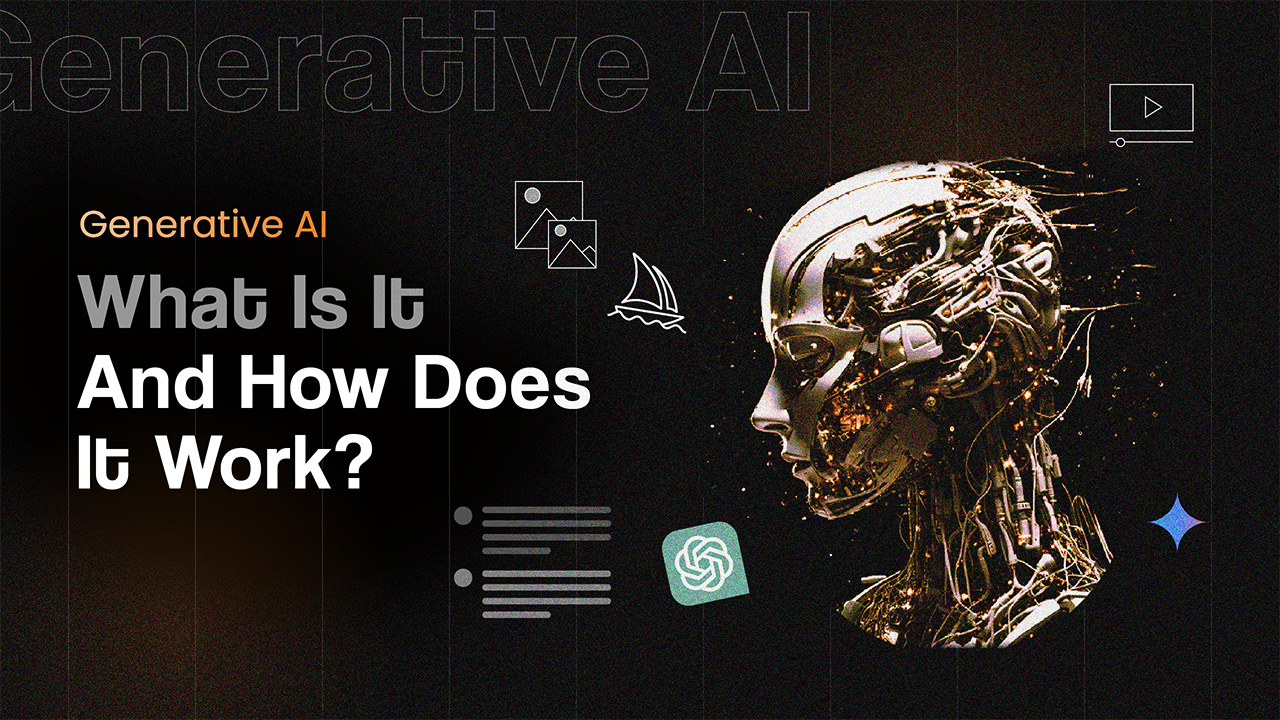November 14, 2018
The role of AI in the detection of depression has been a debated issue ever since ‘The Independent’ reported that the tech has successfully diagnosed depression three months before the dedicated health services, just by evaluating the Facebook posts of the subjects.
The AI algorithm used for the purpose was focusing on certain terms like ‘sad’, ‘ugh’, or ‘tears’ and overuse of personal pronouns. It was also looking for other factors such as the length of the posts and other ‘depression-associated language markers’ like a trained practitioner.
Now, the researchers at MIT are trying to involve the technology in a more subtle manner. That is, instead of focusing on the words used by a subject, they are trying to self-create a neural network that detects the signs of depression through the voice of a person. What set this analysis apart from its predecessors is that it takes cues from how people speak rather than by trying to decipher the meaning out of their speech.
For example, it looks for modulation in voice, specifically low tone, which is often associated with negative emotions in a person, to flag a case. It also picks the other responsible variables by studying data sets on its own, to pick out the factors hitherto unknown. As researcher Tuka Alhanai puts it, “Instead of telling the model to focus on answers to particular questions, it’s programmed to figure out on its own what it wants to focus on.”
She also explained that in order to deploy the model in a scalable manner, there will be a need to ‘minimize the amount of constraints’ on data. She added, “You want to deploy it in any regular conversation and have the model pick up, from the natural interaction, the state of the individual.”

This sounds true as well. As until very recently, the model had been trained on only a small data set of 142 patients. From this analysis, it had a 77 per cent success rate only analysing 7 sequences of text from subject’s conversation. However, to detect the signs of depression solely through the voice of the subject, it required 30 sequences.
The Dilemma of Algorithm Overreach
The requirement of a larger data set is not the only barrier for the AI to see its potentially incomplete scale, the case of algorithmic overreach also poses a threat as there may be repercussions of involving a machine in the diagnosis of a rather elusive condition.
Unlike the successful implementation of AI in chemistry for creating new molecules, there’s less scope for reaching complete accuracy in the disease detection with machine learning algorithms. Furthermore, there isn’t any blood test or biopsy possible for the accurate detection of depression even without the involvement of artificial intelligence. Now including the tech in such a vague area can cause more harm than good, due to the nocebo effect.
On this, James Glass, a senior research scientist, has said, “It’s a step towards being able to analyse more free-form interactions, but it’s only an initial step”. He also clarified, “These systems are more believable when you have an explanation for what they’re picking up,” he says.”
This means, if such a model indeed becomes a part of the diagnosis, it will be used as more of a tool instead of a replacement for a clinician. In words of Glass, “We don’t view the technology making decisions instead of the clinician. We view it as providing another input metric to the clinician. They would still have access to all the current inputs they use. This would just be giving them another tool in their toolbox.”
In any case, if this model comes to becomes an integral part of the models that detect depression, it will eliminate many of the existing problems that include the cost of the diagnoses, the distance between subject and practitioner, and the lack of general awareness.
Resources:




